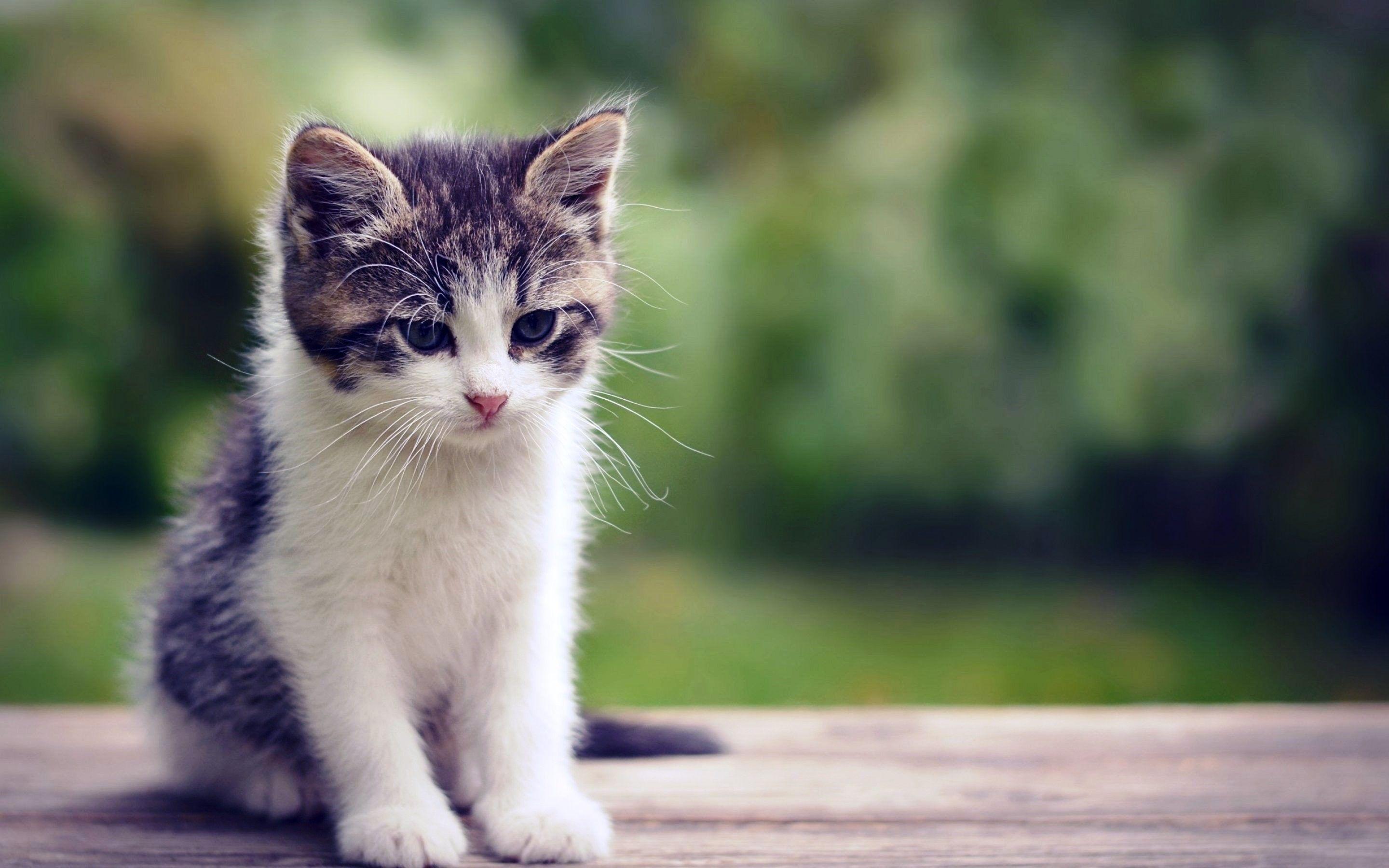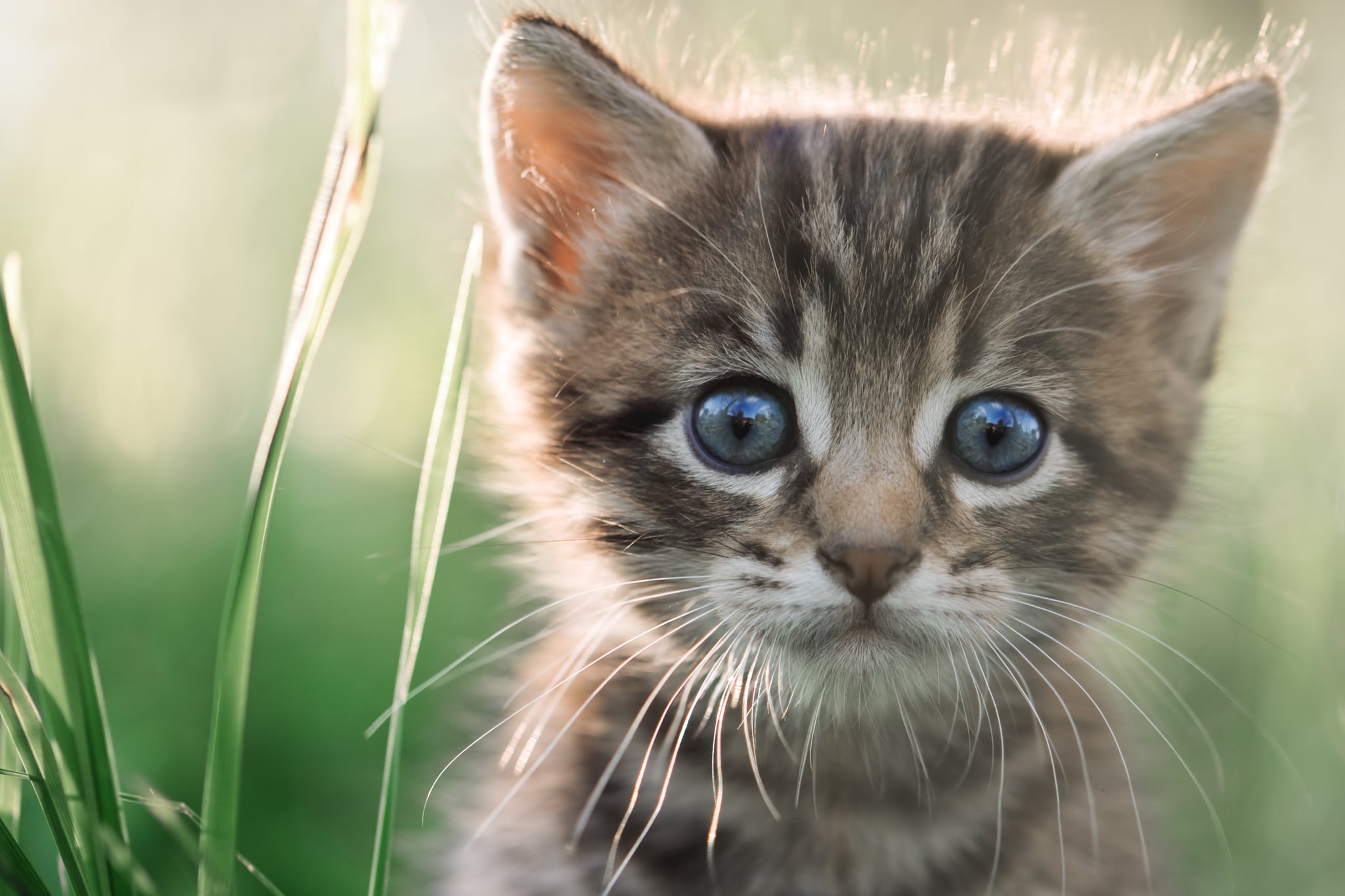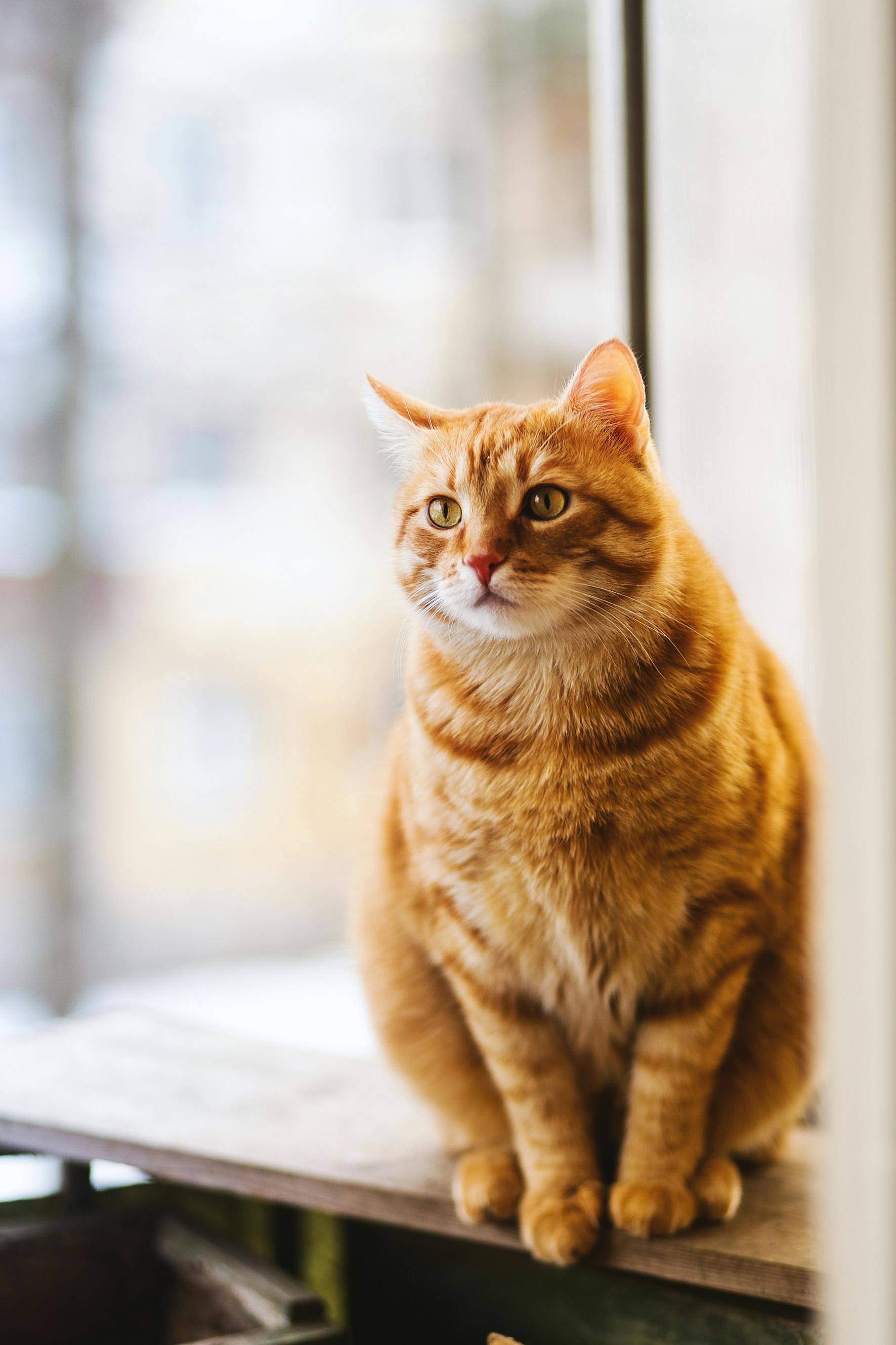Cat People: What Makes The Bond With Felines So Truly Special Today?
Detail Author:
- Name : Tamia Murphy
- Username : thaddeus.wiza
- Email : susanna.harris@yahoo.com
- Birthdate : 2007-06-19
- Address : 378 Halvorson Pass Suite 758 Stantonburgh, NM 57352-6940
- Phone : +1-703-916-9919
- Company : Raynor, Parker and Anderson
- Job : Human Resource Manager
- Bio : Eos commodi a deleniti quo accusantium autem delectus. Sint iusto quisquam totam mollitia accusamus atque dolor commodi. Culpa error molestias nihil ut tenetur.
Socials
instagram:
- url : https://instagram.com/djacobi
- username : djacobi
- bio : Id eum molestias enim quis atque ut. Porro velit dicta enim rem.
- followers : 2550
- following : 975
linkedin:
- url : https://linkedin.com/in/jacobi2005
- username : jacobi2005
- bio : Id eum accusamus et minus.
- followers : 4352
- following : 2544
Have you ever met someone whose life just seems to revolve around their feline companions? You know, the kind of person who always has a cat story to share, or whose phone background is, like, pretty much just their furry friend? Well, you've probably encountered a true "cat person." It's a special connection, a unique kind of companionship that, arguably, shapes a person's daily existence in many quiet ways. This isn't just about owning a pet; it's about sharing your home, your heart, and, very often, your sofa with a creature that marches to its own fascinating beat.
For many, the idea of living with a cat might seem, you know, a bit mysterious. Cats, with their independent spirits and sometimes subtle ways of showing affection, are often seen as different from other pets. But, actually, that very independence is part of what makes the bond so incredibly rewarding for cat people. It’s a relationship built on mutual respect and, in a way, a quiet understanding that develops over time, which is that pretty amazing to think about.
Today, as a matter of fact, the fascination with our feline friends just keeps growing. From viral videos of playful antics to deep discussions about cat psychology on online forums, it seems everyone wants to know more about these captivating creatures. We're going to explore what it truly means to be a cat person, looking at the unique aspects of this bond and, just a little, some of the intriguing behaviors that make cats such beloved members of our families.
Table of Contents
- What Defines a Cat Person?
- Decoding Feline Feelings: Signs Your Cat Loves You
- Tackling Tricky Behaviors: Understanding Cat Challenges
- Creating the Perfect Cat-Friendly Home
- The Enduring Legacy of Cats
- Community and Connection Among Cat People
What Defines a Cat Person?
So, what really makes someone a "cat person"? It's more than just having a cat, you know. It's a certain kind of personality, perhaps. Cat people often appreciate independence, both in themselves and in others. They tend to be, like, quite observant, picking up on the subtle cues their cats offer. It's a relationship built on quiet moments, shared spaces, and a deep respect for a creature's personal boundaries. Many cat owners will tell you it's a bond that asks for patience and, in return, gives back a quiet, steady kind of affection that is really quite profound.
For some, it might be the soothing purr that greets them after a long day. For others, it's the playful pounce from behind the curtains, or the way a cat just seems to know when you need a little comfort. This connection, in some respects, isn't always loud or obvious. It's often found in the small gestures: a gentle rub against the leg, a shared nap in a sunbeam, or that soft, questioning meow that seems to ask, "Are you going to feed me now?" It's a unique give and take, and cat people, you know, totally get it.
Decoding Feline Feelings: Signs Your Cat Loves You
If you're new to cats, you might wonder how to tell if your furry friend truly cares. Unlike dogs, cats don't always express their affection in ways that are, like, super obvious. But, as experienced cat owners often share, there are telltale signs that your cat loves you. These are often subtle, quiet gestures that show trust and comfort. We asked people who have lived with cats for years, and they often point to these specific behaviors as clear indicators of a cat's deep affection. It's really quite sweet when you start to notice them.
The Head Butt and Slow Blink
One common sign of affection is the "head butt," or as some call it, "bunting." When your cat gently bumps their head against you, they are, in a way, marking you with their scent glands. This is their way of saying, "You are part of my group, my family." It's a clear sign of belonging and comfort. Similarly, a slow blink from your cat is, you know, a big deal. If a cat looks at you and slowly closes and then opens their eyes, they are showing you they feel completely safe and relaxed in your presence. It's basically a cat kiss, and you should, like, totally return it with your own slow blink.
Purrs and Kneading
The purr is, perhaps, the most well-known sound of a happy cat. While cats can purr for other reasons, a deep, rumbling purr while they're curled up next to you, or when you're petting them, usually means they are feeling very content and loved. It's a comforting sound, really. Then there's kneading, sometimes called "making biscuits." This behavior goes back to kittenhood when they kneaded their mother for milk. When an adult cat kneads on you, it's a sign of extreme comfort and happiness, a deep feeling of security. It's, you know, their way of showing they feel safe and cared for, just like they did with their mom.
Bringing Gifts
Now, this one might be a bit less pleasant for us humans, but it's a profound sign of affection: your cat bringing you a "gift." If your cat spends any time outside, you likely have received the gift of a dead or dying animal, like a mouse or a bird. While unpleasant for us, take it as a sign that she, like, truly sees you as part of her family. Cats are natural hunters, and when they bring you their prey, they are, in a way, sharing their bounty with you, or perhaps even trying to teach you to hunt. It's their way of showing they care for you and want to provide for you, which is, you know, pretty wild when you think about it.
Tackling Tricky Behaviors: Understanding Cat Challenges
Even the most devoted cat people face moments when their feline friends present puzzling, perhaps challenging, behaviors. Cat behavior problems can be, like, really puzzling and sometimes difficult to handle. Things like scratching furniture, litter box issues, or even aggression can leave owners feeling a bit stumped. But, as a matter of fact, most of these behaviors have a root cause that, you know, makes sense from a cat's perspective. Understanding why a cat acts a certain way is the first step toward finding solutions and helping everyone live more happily together.
Aggression Toward People
One of the more concerning behaviors can be aggression toward people. Behaviorists often categorize aggression toward people according to the source of the aggression. This allows for a better understanding of the situation. What pushes these furry companions to bite or scratch? It could be fear, pain, play aggression, or even redirected aggression from something else. For example, a cat might bite if they are overstimulated during petting, or if they are in pain. Identifying the source is, like, really important for figuring out how to help your cat feel more comfortable and less likely to lash out. It's a way to truly get what's going on with them.
Common Problems and Solutions
Our article outlines the top 9 common issues and offers effective solutions. For instance, if your cat is scratching furniture, it might be that they don't have enough appropriate scratching posts, or the posts they have aren't the right type or in the right spot. Litter box issues often stem from the box's cleanliness, location, or the type of litter used. Sometimes, too, changes in the home environment can trigger stress-related behaviors. Providing more vertical space, interactive toys, and a consistent routine can, you know, make a huge difference in managing these common problems and keeping your cat feeling secure.
Creating the Perfect Cat-Friendly Home
For cat people, making their home a welcoming haven for their feline friends is, you know, a top priority. It's about more than just providing food and water; it's about creating an environment that meets a cat's natural needs and respects their unique senses. This means thinking about things from a cat's point of view, like where they like to perch, what smells they find comforting, and how they like to play. A happy cat usually means a happy home, and that's, like, pretty much what everyone wants.
Scent Sensitivities
Cats have an incredibly keen sense of smell, far more sensitive than ours. This is something cat people learn to appreciate. If you want to be your cat's favorite person, try to avoid wearing strong perfumes or colognes, especially after spending time with other animals. Cats can be territorial and might react to unfamiliar scents on you as if you've brought a stranger into their space. A cat's world is, in a way, very much defined by scent, so being mindful of what you bring into their environment can help them feel more secure and, you know, more comfortable around you.
Enrichment and Play
Providing enrichment is, like, really important for a cat's well-being. This means offering opportunities for them to express their natural behaviors, such as climbing, scratching, and hunting. Interactive play with toys that mimic prey can help satisfy their hunting instincts and, in a way, strengthen your bond. Cat trees, window perches, and puzzle feeders are all great ways to keep a cat mentally and physically stimulated. A bored cat can, you know, often become a mischievous cat, so keeping them engaged is key to a peaceful home.
The Enduring Legacy of Cats
Cats have held a special place in human history for thousands of years. Discover the sacred history of cats in this captivating exploration of their worship and revered status throughout different cultures and time periods. From ancient Egypt, where they were seen as gods and protectors, to their role in folklore across various continents, cats have always been, like, more than just pets. They've been symbols of mystery, independence, and even good fortune. This long history, in some respects, just adds to the deep connection cat people feel today, knowing they are part of a very, very old tradition of feline companionship.
Their journey alongside humans is, you know, pretty remarkable. They went from being wild hunters to cherished companions, valued for their pest control abilities and later, for their quiet, comforting presence. This rich past helps explain why cats are so deeply ingrained in our lives and culture. The respect and admiration for cats have, you know, definitely stood the test of time, making them truly unique partners in our homes.
Community and Connection Among Cat People
Being a cat person often means finding a community of like-minded individuals. There's a shared understanding, a quiet nod of recognition, among those who appreciate the subtle charms of felines. Our cat sitter is a good friend and she comes over to hang out when we are home too not just when we travel. This highlights how cats, you know, can bring people together. My hubby's best friend has also been around her since she was a kitten. It's a way to connect with others who truly get the joys and quirks of cat ownership.
Online forums and social groups dedicated to cat care, cat health, and cat behavior are, like, very popular places for cat people to share experiences, ask questions, and celebrate their pets. These spaces are where people discuss everything from understanding types of cat aggression to sharing heartwarming stories of unforgettable cat rescues. Join us as we share six inspiring tales of feline bravery and the kindness of strangers. This sense of shared passion creates a strong bond among cat enthusiasts, and it's, you know, a really supportive environment for anyone who loves these amazing animals.
Frequently Asked Questions About Cat People and Their Felines
How can I tell if my cat really loves me?
Your cat shows affection in many quiet ways. Look for signs like slow blinks, gentle head butts, or purring while kneading on your lap. They might also, you know, follow you around the house, or even bring you their favorite toy. These are all little signals that they feel comfortable and safe with you, which is, like, pretty much their way of saying they care deeply.
Why do cats sometimes bite or scratch their owners?
Cats might bite or scratch for a few reasons. It could be due to overstimulation during play or petting, meaning they've had enough. Sometimes, too, it's a sign of fear or pain, so it's good to rule out any health issues. Understanding the source of the aggression, as behaviorists often suggest, is key to helping them feel more secure and less likely to react that way. It's, you know, usually not personal.
What are common cat behavior problems and how can I solve them?
Common issues include things like scratching furniture, litter box problems, or excessive meowing. Solutions often involve making sure they have enough appropriate scratching surfaces, keeping the litter box very clean and in a quiet spot, or providing more mental stimulation with toys. Sometimes, a change in routine or environment can, you know, really help too. For more detailed advice, you can learn more about cat behavior on our site, and for general care tips, you can also link to this page here.

Baby Cats Wallpapers - Top Free Baby Cats Backgrounds - WallpaperAccess

Interesting Facts About Cats | POPSUGAR Pets

1500+ Adorable Cat Pictures · Pexels · Free Stock Photos